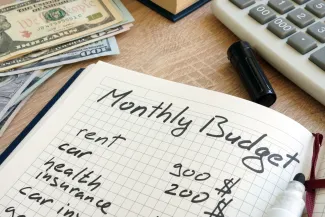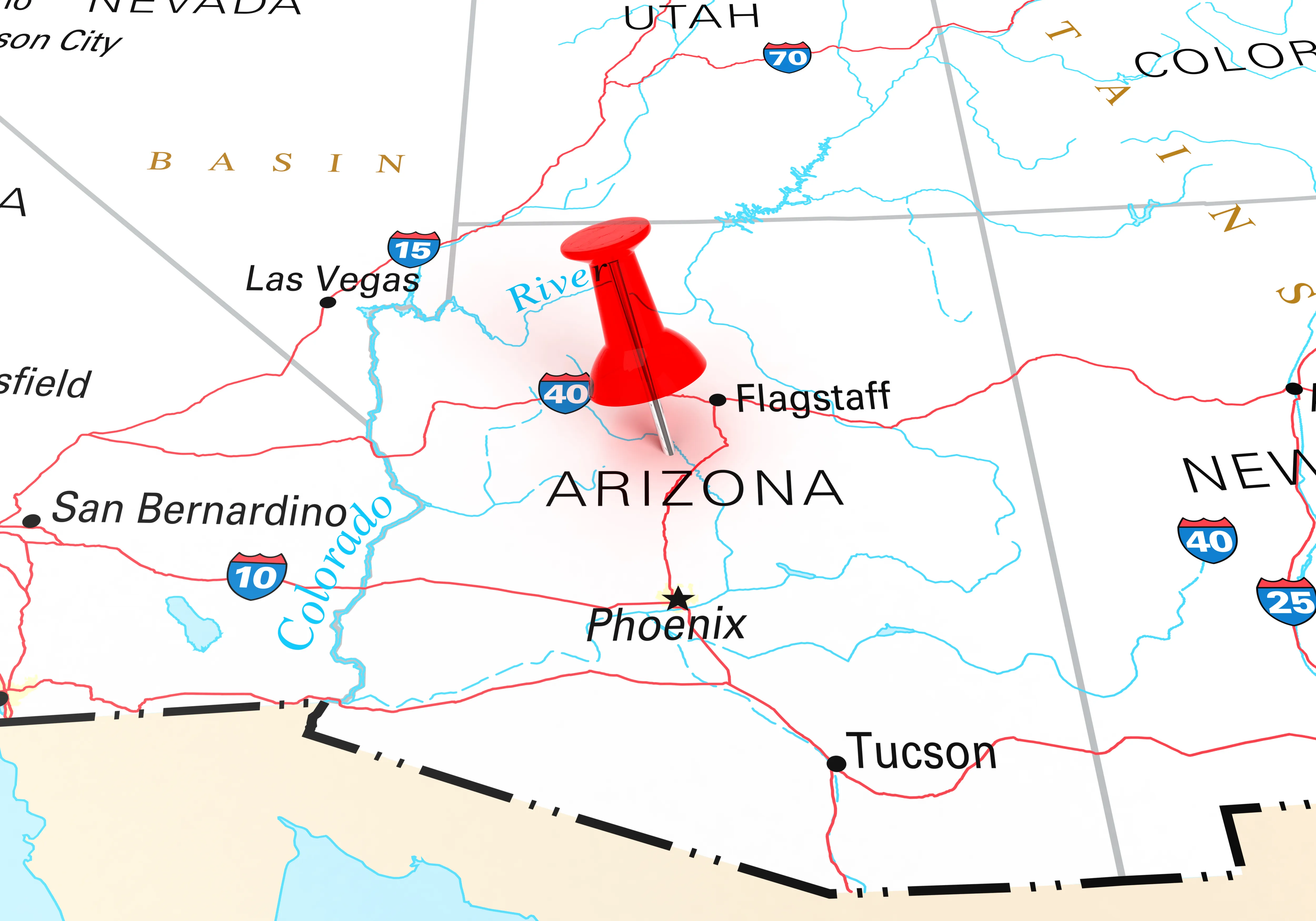
Colorado becomes first state to cap price of prescription drug
Democratic leaders, health care providers and consumer advocates praised a Colorado board’s decision last week to cap the price of a prescription drug used to treat rheumatoid arthritis and other autoimmune diseases, the first action of its kind in the country.
The state’s Prescription Drug Affordability Board, which was created through 2021 state legislation, set an upper payment limit, or UPL, on Enbrel during its meeting Oct. 3. It means insurers and patients can pay no more than about $31,000 per year for the medication, compared to the average insurance plan payment of $53,049 for the drug in 2023.
Colorado is the first state to set such a limit.

“Of course, $31,000 is still a lot of money, but it’s also over $20,000 less than $57,000,” Governor Jared Polis told reporters Tuesday, surrounded by doctors, patients and advocacy groups. “To see real change when it comes to the high price of prescription drugs, we need federal action. (UPLs) can only be state-by state, drug-by-drug action.”
The UPL was determined using the standard weekly adult dose of 50 milligrams and relied on Medicare’s “maximum fair price” that manufacturers negotiated at the federal level.
I hear from my neighbors and my friends about the impossible decisions they make every month — paying the rent or filling their prescriptions, cutting their medications in half in order to try and make them last.
About 2,600 Coloradans used Enbrel in 2022, according to a report from the board, with about 60 percent using commercial insurance. Those patients’ out-of-pocket costs averaged about $650 every month.
“I hear from my neighbors and my friends about the impossible decisions they make every month — paying the rent or filling their prescriptions, cutting their medications in half in order to try and make them last,” said Senator Julie Gonzales, a Democrat who ran the legislation to establish the affordability board.

© iStock - BackyardProductions
One patient surveyed by the board said Enbrel reduced the pain and swelling caused by their psoriatic arthritis so they could finally attend college. Another said the drug allowed them to walk longer distances and hike again. Another said the drug let them “live my own life with few modifications and compromises.”
It was a lengthy journey for the board to set this first UPL. Enbrel was 1 of 5 high-cost prescription drugs the board opted to review for affordability in 2023. Last year, the board voted to declare Enbrel unaffordable, which triggered the process to set a UPL with public comment, rulemaking and data analysis, including a 500-page affordability review report.
The UPL will go into effect in 2027.
“Would I love for every single decision to be made quickly? Certainly,” Gonzales said. “But I know that this is the first step. It won’t be the last, and I look forward to the work that the PDAB will undertake as they continue to look at medications, their costs and conduct their research. It’s not my role to ask them to move more quickly or more slowly. That is their work to do.”
Risk to access
Opponents contend that while price can be an obstacle to getting medication, it is more often a complicated blend of insurance barriers, income level and inability to access financial assistance.
“A UPL does not address the real problems patients identify. Instead of layering a new and untested pricing mechanism onto a system already stacked against patients, the board should focus on reforms that tackle these systemic drivers of unaffordability directly,” a letter from members of the Ensuring Access through Collaborative Health and Patient Inclusion Council coalitions to the PDAB says.
Other opponents worry about how a UPL could affect access to Enbrel in Colorado, one reason the board declined to designate the cystic fibrosis drug Trikafta unaffordable.
“Historical and economic history suggest that UPLs will create purchasing restrictions that threaten to limit patient access. If the purchase price is capped at a level where the buyer — be it independent physician practices, rural clinics or (pharmacy benefit managers) — loses money, the product will not be available to the patients who require these essential medications,” Dr. Harry Gewanter of Let My Doctors Decide wrote in a letter to the PDAB.

















